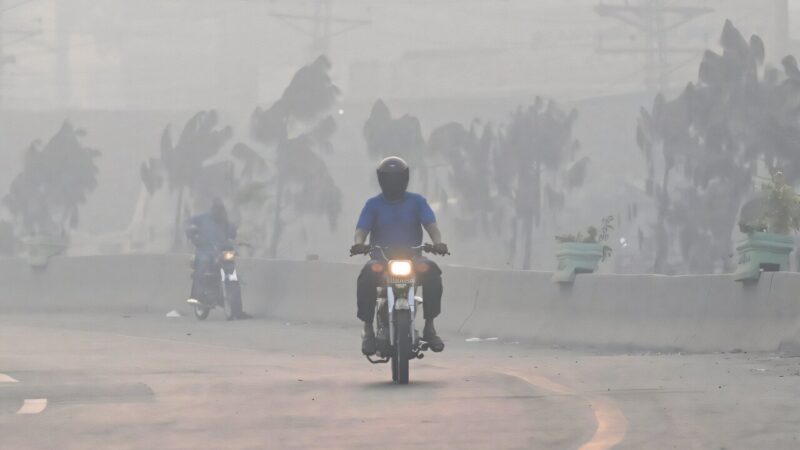A Canadian city evacuates as a wildfire approaches, creating an urgent evacuation race.

Amid warnings of an approaching wildfire, one of Canada’s largest northern cities faces evacuation. Yellowknife, the capital of the Northwest Territories, is giving its 20,000 residents until noon Friday to evacuate due to the potential weekend threat. The fire was reported to be just 17 kilometres (11 miles) away from the city by late Wednesday. Another blaze is menacing the Hay River community. An evacuee recounted her car melting as she drove through embers while fleeing.
The Northwest Territories declared a state of emergency in response to battling over 200 wildfires. The region’s environment minister, Shane Thompson, emphasised that the fires have worsened and now pose a substantial threat to Yellowknife. Although immediate danger isn’t imminent, he warned that without rain, the fire might reach the city’s outskirts by the weekend, urging residents to prioritise their safety.
Despite an evacuation notice, approximately 500 people remained in Hay River out of its 3,500 population. The fire rapidly advanced 30 kilometres due to strong winds, causing the town’s only two highways to close. The road conditions are perilous, with food and fuel supplies dwindling. Additionally, phone and internet services are disrupted in the remote region.
A resident, Lisa Mundy, shared her harrowing escape, describing melting car parts, cracked windscreens, and smoke-filled interiors. Canada’s military is orchestrating an extensive airlift operation, transporting threatened communities in the South Slave Region to safety. Evacuees are mostly taken to the neighbouring Alberta province, though their return date remains uncertain.
Several areas, including Fort Smith, K’atl’odeeche First Nation, Hay River, Enterprise, and Jean Marie River, are under evacuation orders. Enterprise, home to 120 individuals, has suffered severe losses due to a recent wildfire.
Canada is grappling with its most devastating wildfire season on record, with nearly 1,100 active fires across the country. Experts attribute this crisis to an abnormally warm and dry spring, with climate change exacerbating the conditions that fuel these fires.






